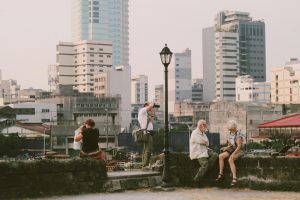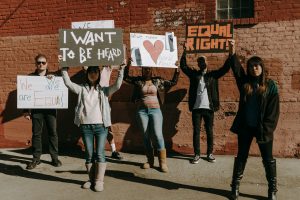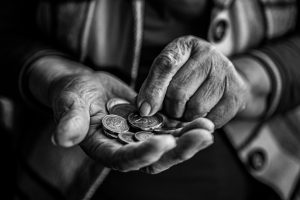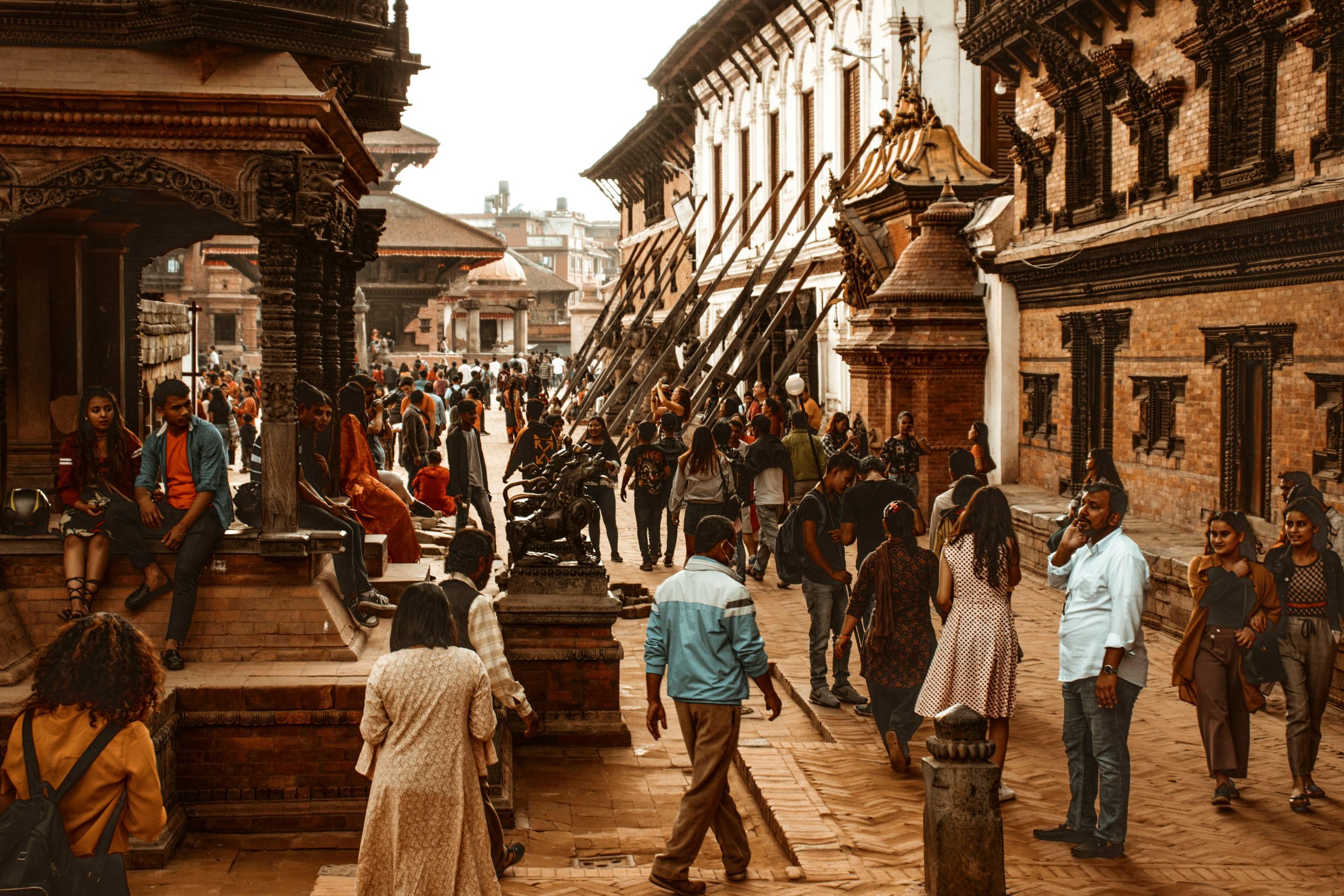In recent years, the lives of young people on the Bulgarian Black Sea coast have noticeably changed – both socially and economically as well as culturally. Life in Burgas flows with a relaxed coastal rhythm, blending seaside serenity with urban energy. The lifestyle of people in Burgas is relaxed and community-oriented, shaped by its coastal location and rich cultural heritage. Residents enjoy a blend of traditional Bulgarian customs with modern influences, reflected in their social gatherings, cuisine, and festivals. The city’s laid-back pace, combined with access to beautiful beaches and natural surroundings, encourages outdoor activities and a focus on leisure. Family and community connections play a vital role, creating a warm and welcoming atmosphere for both locals and visitors. Locals enjoy a Mediterranean-style climate.
1. Return and Willingness to Stay
 While in the past many young people emigrated to seek better opportunities abroad, a trend towards returning is now emerging. Many return after studying or working abroad because they want to help shape their country and see new perspectives. People in Burgas often start their day with a stroll through the Sea Garden or a coffee along Aleko Bogoridi Street. The city has a strong sense of community, with friendly neighbors, family-run shops, and a slower pace compared to Sofia or Plovdiv. Many residents work in tourism, shipping, or the growing tech and service sectors.
While in the past many young people emigrated to seek better opportunities abroad, a trend towards returning is now emerging. Many return after studying or working abroad because they want to help shape their country and see new perspectives. People in Burgas often start their day with a stroll through the Sea Garden or a coffee along Aleko Bogoridi Street. The city has a strong sense of community, with friendly neighbors, family-run shops, and a slower pace compared to Sofia or Plovdiv. Many residents work in tourism, shipping, or the growing tech and service sectors.
2. Political and social engagement
 In cities like Sofia, but also in coastal regions, young people are increasingly getting involved in art, start-ups, and social projects. They bring fresh ideas and want to actively drive change. Local politics often focus on urban infrastructure, tourism, environmental conservation, and cultural preservation, which are vital to the city’s identity and economy. Citizens express their views through protests, civic organizations, and participation in political events, demonstrating a strong sense of community involvement.
In cities like Sofia, but also in coastal regions, young people are increasingly getting involved in art, start-ups, and social projects. They bring fresh ideas and want to actively drive change. Local politics often focus on urban infrastructure, tourism, environmental conservation, and cultural preservation, which are vital to the city’s identity and economy. Citizens express their views through protests, civic organizations, and participation in political events, demonstrating a strong sense of community involvement.
3. Challenges remain
 Despite positive developments, there are still problems such as low wages, corruption, and a large shadow economy. These factors continue to drive many young people to emigrate – especially from rural areas. As Bulgaria’s fourth-largest city and an important port on the Black Sea, Burgas boasts a diverse economic landscape that includes shipping, logistics, tourism, agriculture, and industry. Many residents find employment in the bustling port facilities, manufacturing plants, and service sectors such as hospitality and retail, driven by the city’s status as a regional economic hub.
Despite positive developments, there are still problems such as low wages, corruption, and a large shadow economy. These factors continue to drive many young people to emigrate – especially from rural areas. As Bulgaria’s fourth-largest city and an important port on the Black Sea, Burgas boasts a diverse economic landscape that includes shipping, logistics, tourism, agriculture, and industry. Many residents find employment in the bustling port facilities, manufacturing plants, and service sectors such as hospitality and retail, driven by the city’s status as a regional economic hub.
4. Value change: Change in values
 The younger generation places great importance on personal freedom, independence, and career. At the same time, awareness of social justice and environmental issues is growing. Citizens have the freedom to express their opinions, participate in public life, and engage in cultural and social activities without significant restrictions. Media outlets operate openly, providing diverse perspectives and fostering informed debate.
The younger generation places great importance on personal freedom, independence, and career. At the same time, awareness of social justice and environmental issues is growing. Citizens have the freedom to express their opinions, participate in public life, and engage in cultural and social activities without significant restrictions. Media outlets operate openly, providing diverse perspectives and fostering informed debate.
5. Digitalization and Tourism
 The coastal regions benefit from the growing digital nomadism and sustainable tourism. Young Bulgarians are opening cafes, hostels, or working remotely – enabling new lifestyles. Additionally, Burgas serves as a gateway for tourists exploring the Black Sea region, including nearby seaside towns and natural parks like Strandzha Nature Park. The hospitality industry thrives on tourism, providing hotels, restaurants, and entertainment options for visitors. Overall, Burgas offers a vibrant and welcoming environment for tourists, contributing to its lively atmosphere and local economy.
The coastal regions benefit from the growing digital nomadism and sustainable tourism. Young Bulgarians are opening cafes, hostels, or working remotely – enabling new lifestyles. Additionally, Burgas serves as a gateway for tourists exploring the Black Sea region, including nearby seaside towns and natural parks like Strandzha Nature Park. The hospitality industry thrives on tourism, providing hotels, restaurants, and entertainment options for visitors. Overall, Burgas offers a vibrant and welcoming environment for tourists, contributing to its lively atmosphere and local economy.


